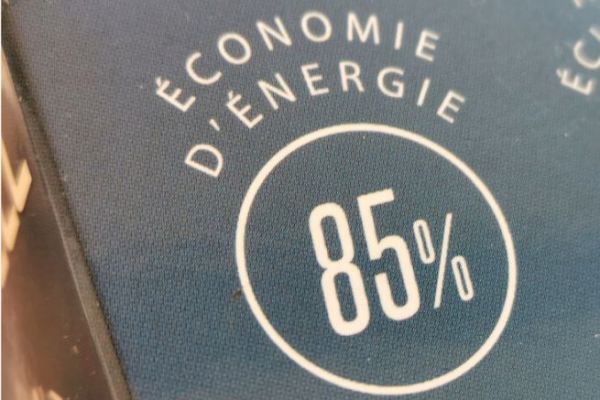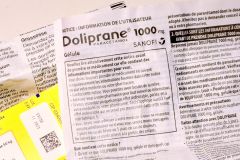Gone are the days of green marketing, using and abusing ecological arguments to seduce consumers. The battle of the associations defending paper against greenwashing should be less difficult. The European Council and Parliament have just agreed on draft directives to ban the use of imprecise, generic or even misleading environmental claims. In order to come into force, the text must be ratified by a vote of the Parliament and approved by the Council. Member States will have two years to implement it.
A structured vocabulary to muzzle greenwashing
"Environmentally friendly", "natural", "ecological", "biodegradable", "green product" etc., are now undesirable terms on labels, packaging and advertising unless accompanied by indisputable proof. "From food to textiles, consumers are lost in a jungle of green claims. The new rules bring some order" comments Ursula Pachl, Deputy Director General of the European Consumers' Organisation.
Claims based solely on the offsetting of greenhouse gas emissions and those evoking carbon neutrality are also a thing of the past.
Labels worthy of the name
Fancy sustainability labels will no longer be allowed, only those based on official certification systems.
A new label will be introduced for manufacturers who extend the legal warranty period free of charge. All warranty information will have to be visible in stores and on packaging.
Greenwashing in the crosshairs of the European Commission
A second text is due to be proposed in spring 2024 to combat all-out greenwashing. Its aim would be to ban all environmental claims not supported by factual and scientific argumentation.










